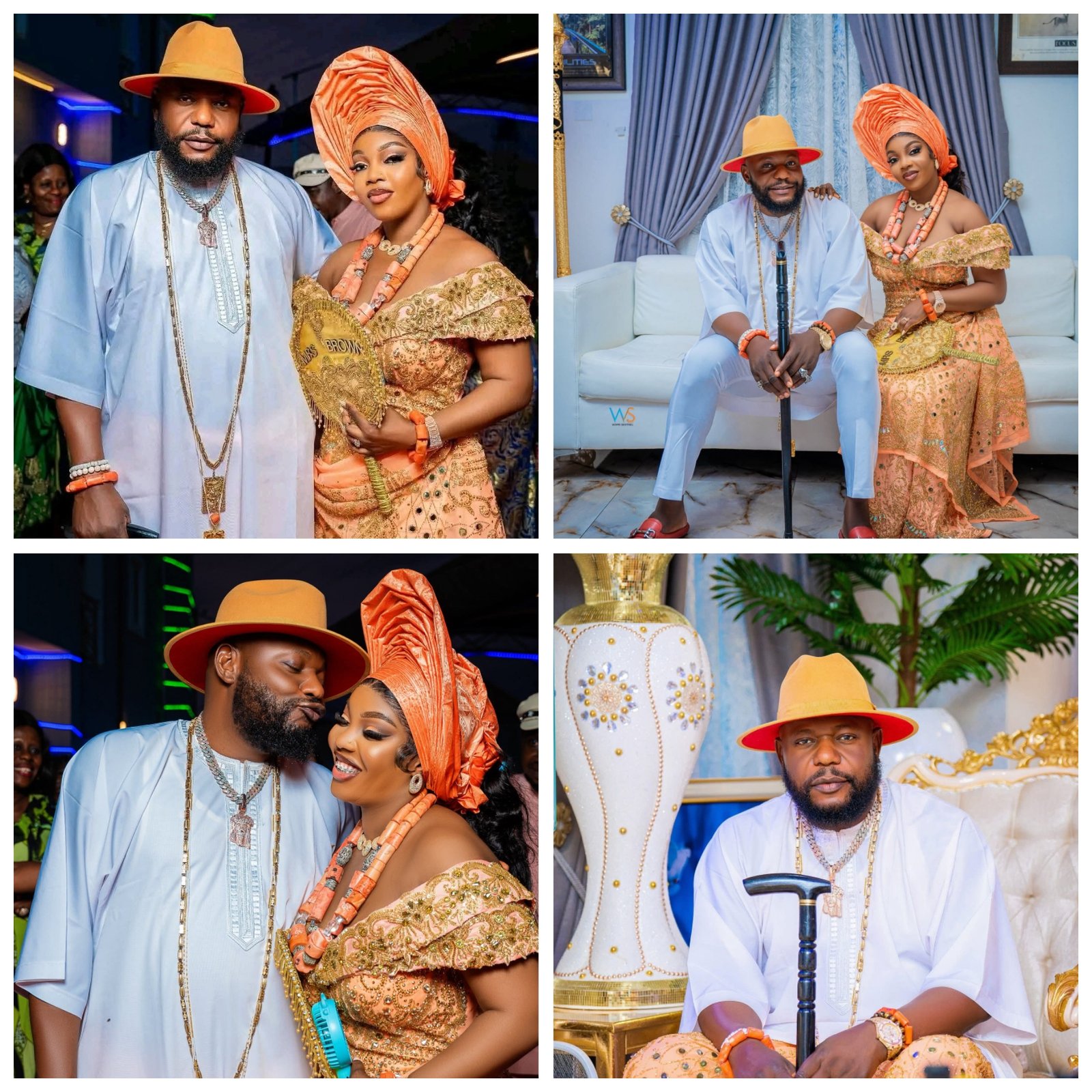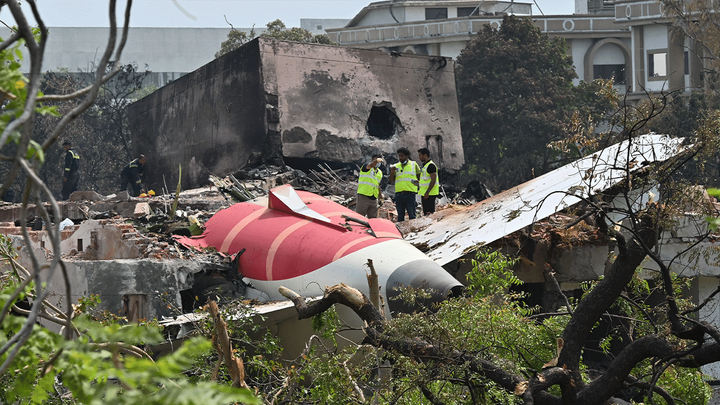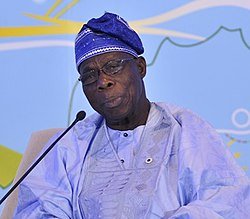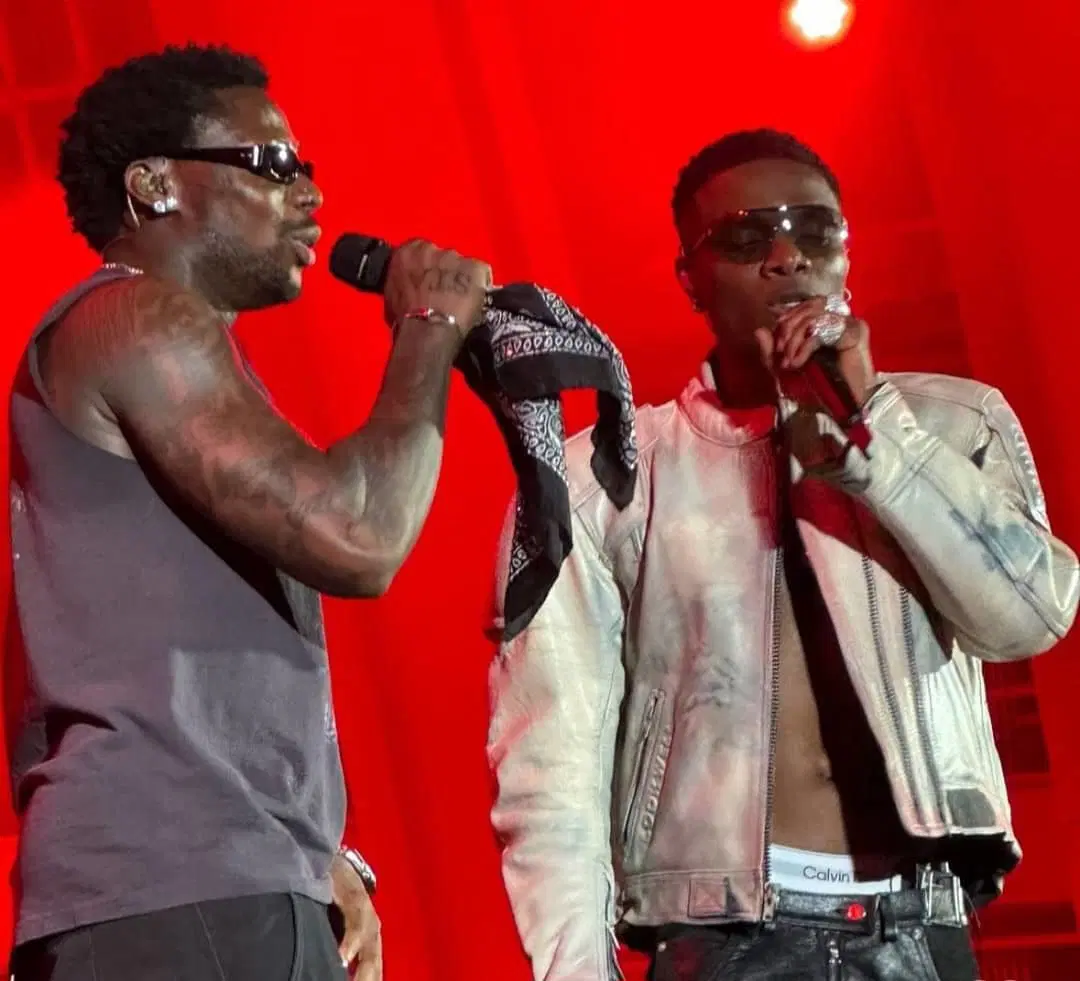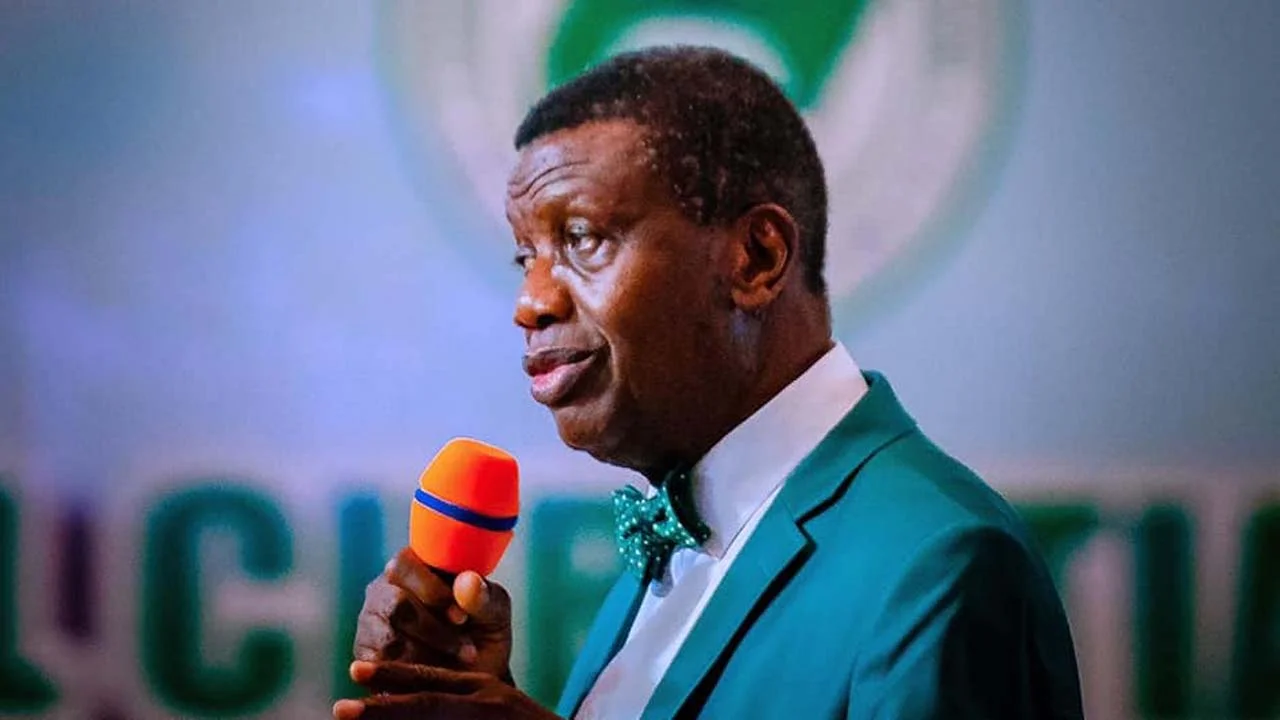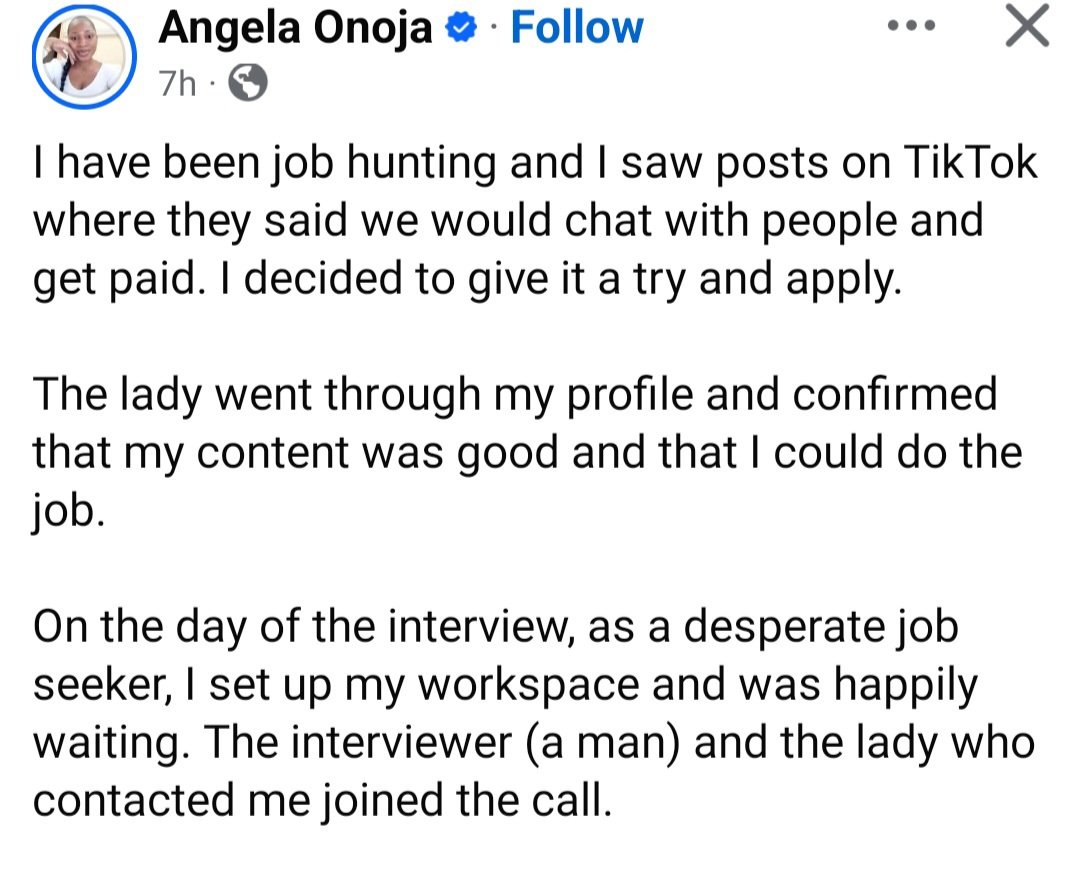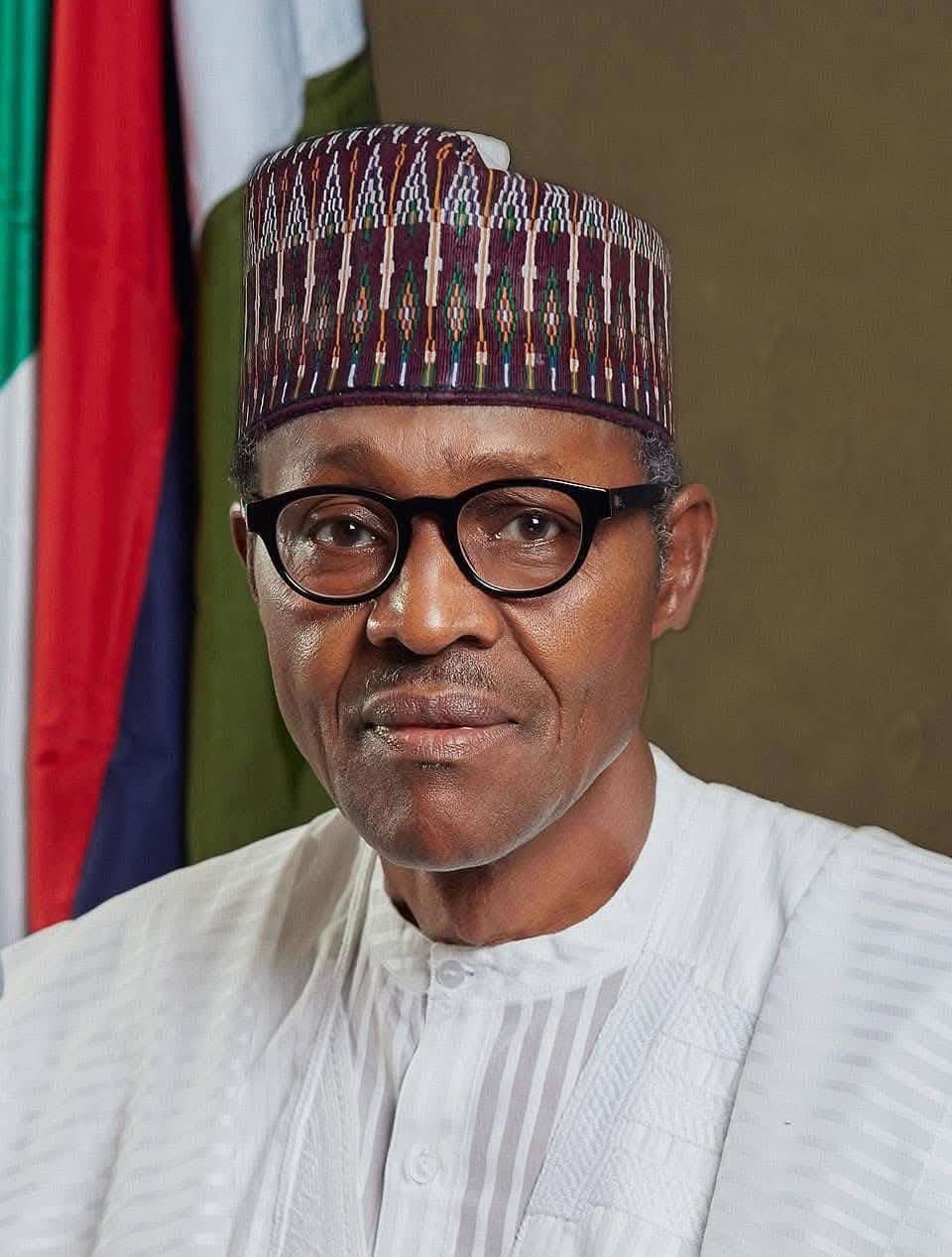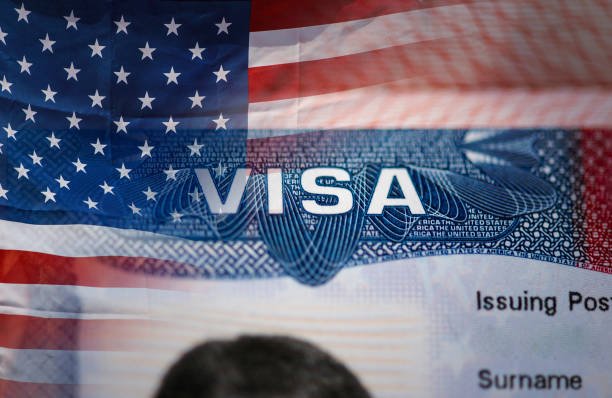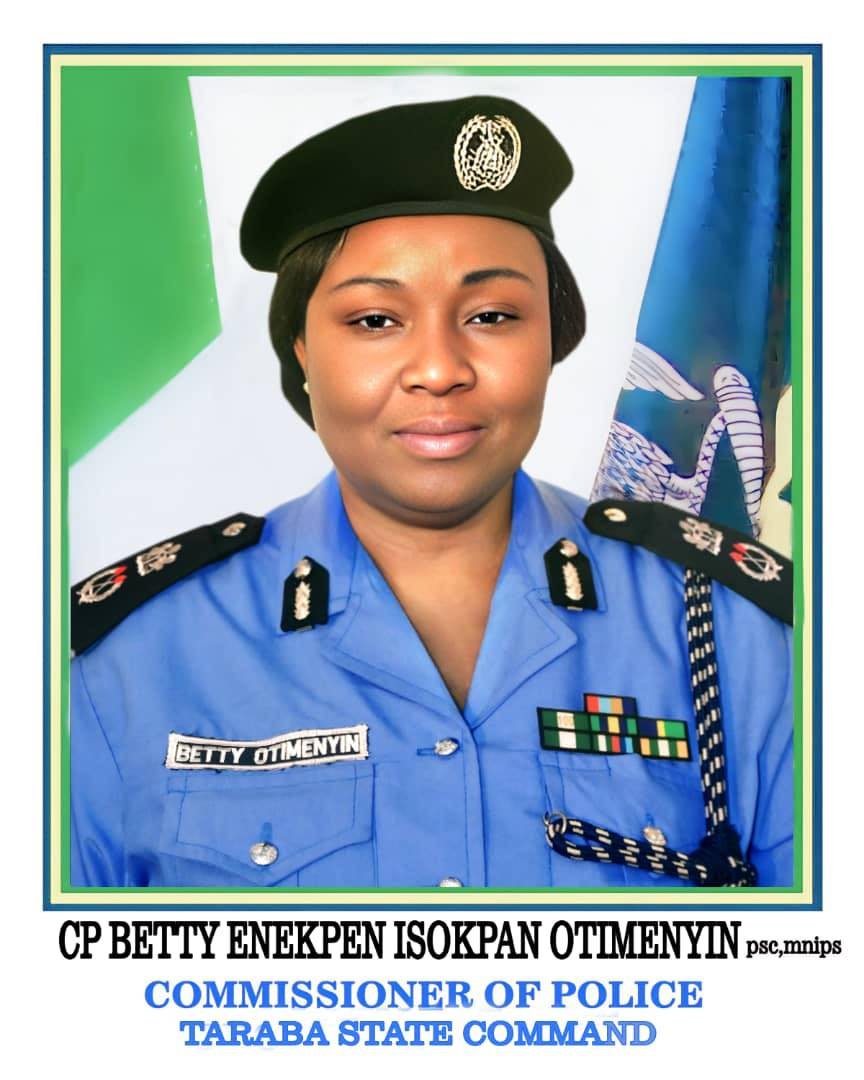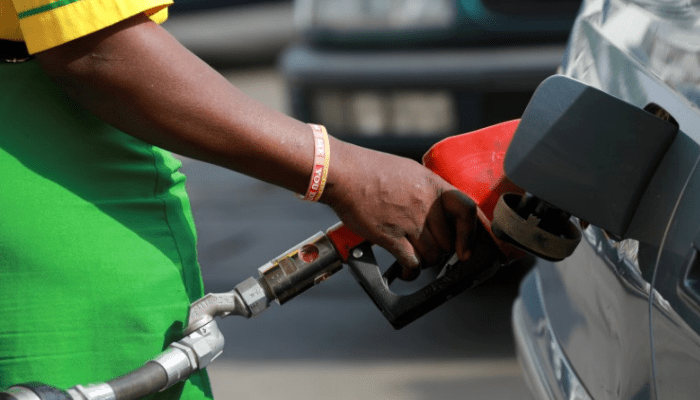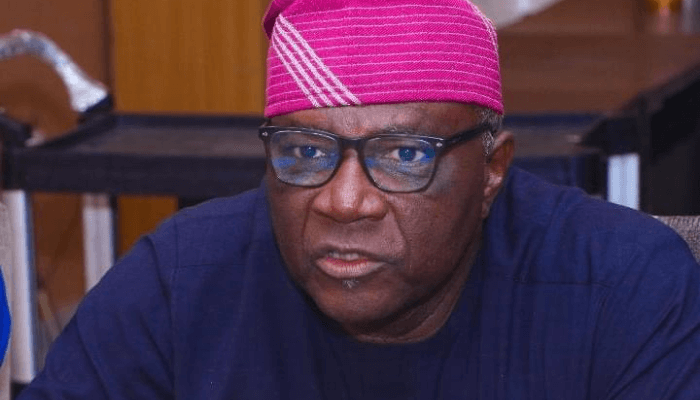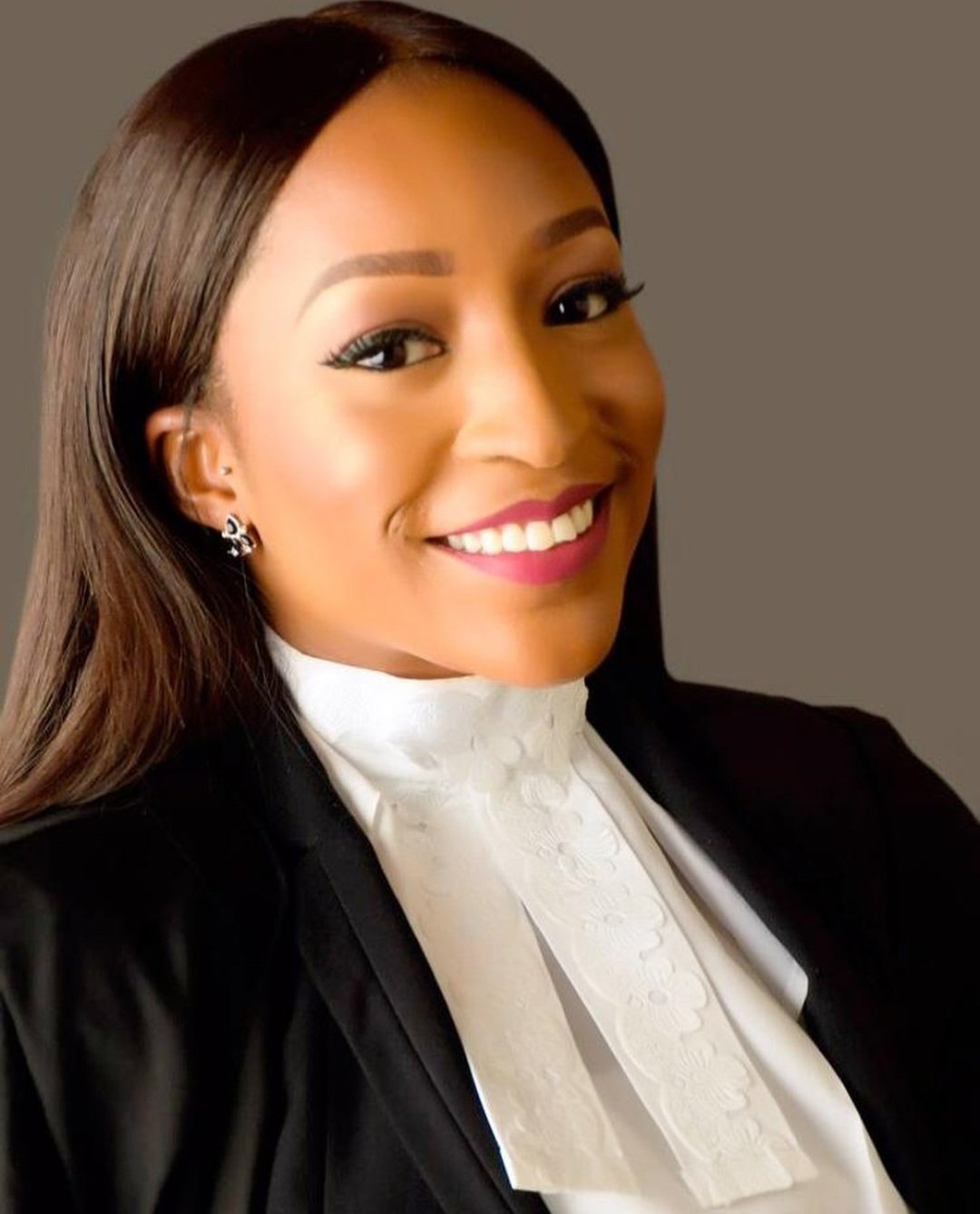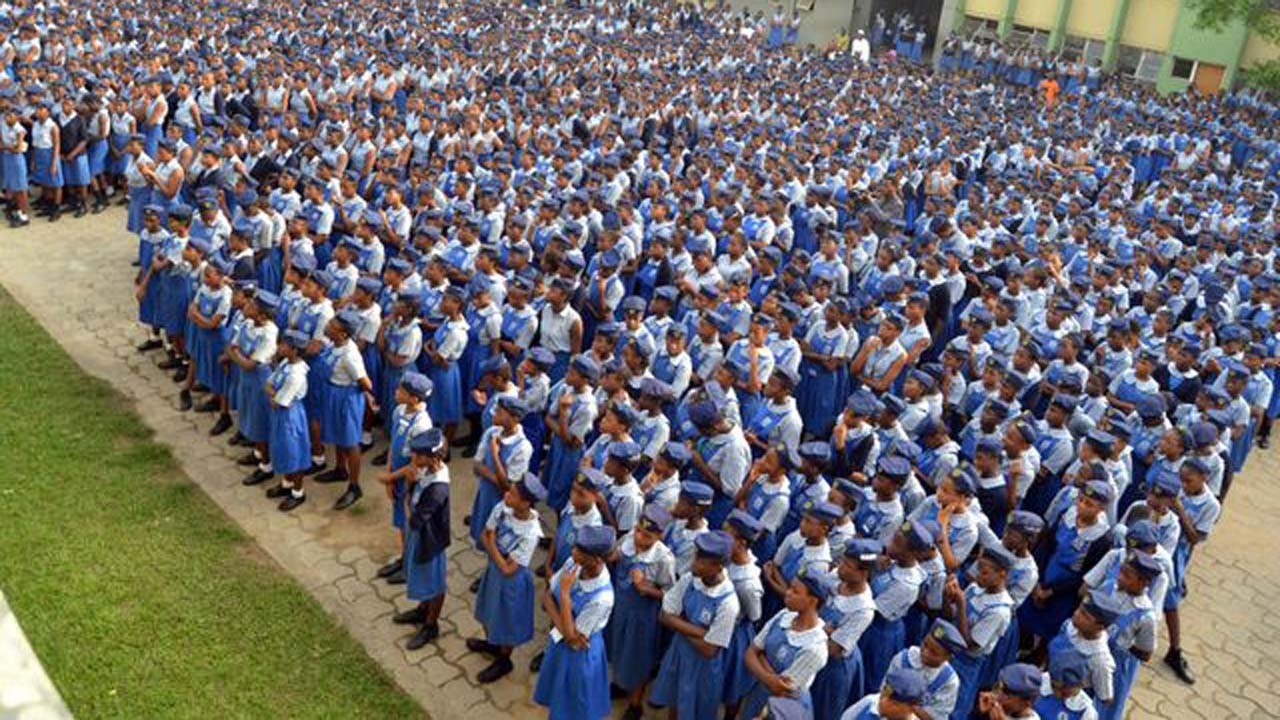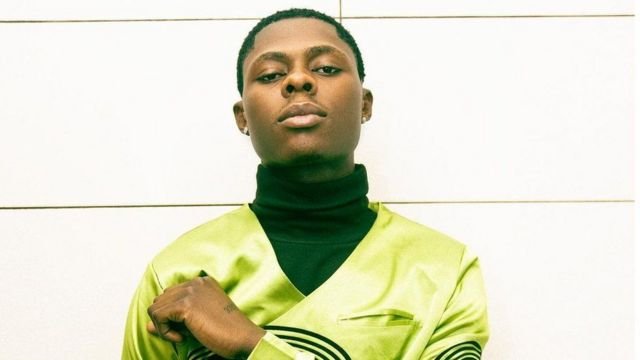Nigerian DJ and activist Obianuju Catherine Udeh, popularly known as DJ Switch, has reignited public discourse with a stark response to the death of former President Muhammadu Buhari. Her comment, seen by many as a continuation of her unwavering stance against state violence, has sparked intense debate online.
Buhari, who once ruled as a military head of state and later served two terms as Nigeria’s civilian president, died in London on Sunday, July 13, 2025, after a long battle with illness. His death marked the end of a political career that remains deeply polarizing among Nigerians.
Shortly after the news broke, DJ Switch took to her social media platform and posted a sharply worded reaction:
> “Wow! The sweet reality of inevitability. RIP MF. One down.”
The message quickly went viral, triggering a wave of both support and backlash. While some applauded her candor, others decried the post as disrespectful and insensitive.
Her critics argue that dignity in death should override personal grievances. “You don’t dance on anyone’s grave, no matter how much you disagreed with them,” one user commented. Yet, supporters viewed her statement as an unflinching reflection of unresolved pain, particularly from the #EndSARS movement, in which DJ Switch played a pivotal role.
Back in October 2020, DJ Switch rose to prominence after livestreaming the shooting of peaceful #EndSARS protesters at the Lekki Toll Gate. Her footage contradicted official government accounts and brought international scrutiny to Nigeria’s human rights record. The event became a flashpoint in the national conversation about police brutality, government accountability, and systemic impunity.
For many, her recent post is a pointed reminder of those unresolved wounds.
> “I will never forget what happened at Lekki. He might be gone, but the pain isn’t,” a supporter wrote in response to her post.
As tributes pour in from former colleagues, world leaders, and political elites, DJ Switch’s blunt remark stands in sharp contrast—offering an unfiltered view from a segment of Nigerians who feel the pain of the past is far from over.
Though provocative, her statement underscores a larger reality: Buhari’s legacy—marked by allegations of repression, economic challenges, and the 2020 Lekki shootings—continues to divide opinion even in death.

